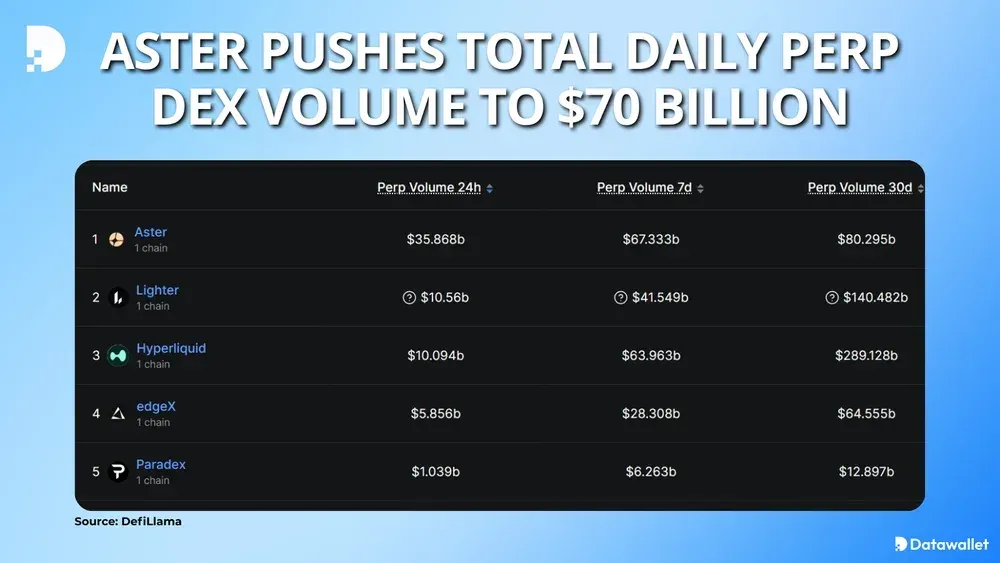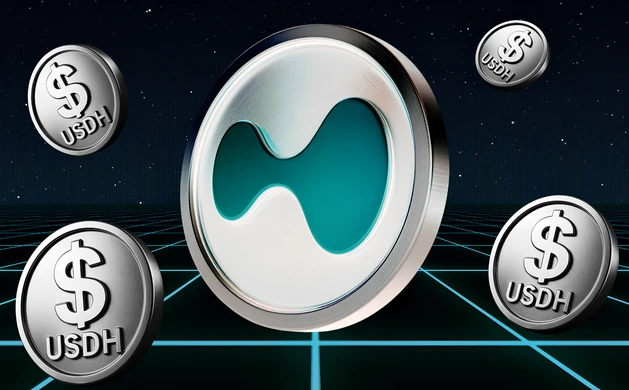Plasma Chain Launches Mainnet With XPL Token

GM. Plasma has launched its mainnet with $2 billion in liquidity and the debut of its XPL token, which briefly hit a $9.8 billion valuation before settling near $1.6 billion.
Meanwhile, Gate unveils a new Layer 2 built on OP Stack, Vitalik calls PeerDAS crucial for Ethereum’s scaling roadmap, and South Park takes aim at prediction markets in its latest satire.
The week wraps with big launches and crypto hitting prime-time comedy. 👇
Plasma Chain Launches Mainnet With XPL Token
Plasma, a stablecoin-focused Layer 1 blockchain backed by Bitfinex, launched its mainnet beta on Thursday with over $2 billion in liquidity. The rollout included the debut of its native XPL token, which quickly reached an $9.8 billion fully diluted valuation, placing it in the top 60 cryptocurrencies by market cap.
XPL opened at $1.54 before retreating to $0.91, with market capitalization settling near $1.6 billion by CoinGecko data. ICO buyers saw gains exceeding 17x, while every pre-depositor received an unexpected $8,390 worth of XPL regardless of contribution size.
The network is EVM-compatible, offering zero-fee USDT transfers through a new PlasmaBFT consensus and launching with over 100 DeFi integrations. Partners at inception include Aave, Ethena, Fluid, and Euler, alongside a community-driven liquidity preload that capped $1 billion in deposits within minutes.
CEO Paul Faecks positioned Plasma as “Money 2.0,” emphasizing stablecoins as universal digital dollars transcending local market barriers. Alongside the blockchain, Plasma plans to launch Plasma One, a neobank promising 4% cashback and 10% yield on stablecoin balances.
Gate Launches L2 "Gate Layer" Using OP Stack
Crypto exchange Gate announced a new Layer 2 network, Gate Layer, built with Optimism’s OP Stack technology. The chain will use GateChain for settlement, GT as its gas token, and support high-speed, low-cost transactions. Executives said the network underpins Gate’s Web3 strategy, offering perpetuals trading and a no-code incubator for token launches.
Gate Layer claims to handle 5,700 transactions per second, one-second block times, and cross-chain transfers to Ethereum. The GT token follows a deflationary model with scheduled buybacks, and more than sixty percent of supply already burned. Despite GT trading slightly lower at $15.93, Gate ranks fifth by exchange volume, underscoring its expanding ecosystem.
Buterin Calls PeerDAS Crucial to Ethereum Scaling
Ethereum co-founder Vitalik Buterin described PeerDAS, a feature of the upcoming Fusaka upgrade, as central to scaling. PeerDAS allows nodes to verify block data through sampling rather than storing complete datasets, reducing storage requirements significantly. Buterin argued this innovation increases resilience, since only one honest participant is needed to guarantee data availability.
Ethereum recently reached six blobs per block, with rollups like Base and World consuming most available blobspace. Buterin said blob counts will increase cautiously, preventing strain on nodes as adoption grows. Longer term, he sees PeerDAS supporting both Layer 2 scaling and Layer 1 efficiency, expanding Ethereum’s throughput while preserving decentralization.
South Park Episode Satirizes Prediction Markets
South Park’s episode “Conflict of Interest” directly mocked prediction markets, referencing Polymarket and Kalshi by name. Characters portrayed children betting obsessively, satirizing how easily anything could become a wagerable event. Market users even created bets on whether their platforms would appear, but most predictions ultimately proved inaccurate.
Executives argued the episode highlighted misperceptions around prediction markets’ reliability as information sources. Analysts said these platforms aggregate consumer sentiment rather than providing absolute truth. South Park’s decision to name companies directly surprised traders, who assumed the show would parody markets broadly using fictionalized brand names.
Data of the Day
Perpetual decentralized exchanges reached record daily trading of $70 billion, fueled by surging activity on BNB Chain’s Aster. The exchange handled $36 billion alone, eclipsing rivals Hyperliquid and Lighter, each of which logged over $10 billion. Analysts said the surge demonstrates growing demand for decentralized derivatives, though incentives heavily influence participation metrics.
Aster awards users points for trading, minting, and holding, redeemable in an anticipated token airdrop. Critics warned such programs inflate volumes temporarily, potentially harming retail traders once rewards diminish. Despite concerns, Aster’s open interest reached $1.25 billion and total value locked exceeded $2 billion (per DefiLlama), signaling continued momentum.

More Breaking News
- South Korean internet giant Naver is reportedly acquiring Upbit’s parent Dunamu through a stock swap, expanding its financial arm amid stablecoin framework talks.
- Australia’s Treasury proposed requiring crypto exchanges and custody platforms to hold financial services licenses, amending the Corporations Act 2001 for stronger consumer protections.
- Circle is considering enabling reversible USDC transactions to meet traditional finance needs, though critics argue it undermines blockchain’s immutability ethos.
- SharpLink Gaming partnered with Superstate to tokenize Nasdaq-listed SBET stock on Ethereum, aligning with Project Crypto to modernize securities regulation through onchain equities.
- Nine European banks, including ING and UniCredit, formed a consortium to launch a euro-backed stablecoin in 2026 under MiCA’s regulatory framework.
- Cloudflare announced the NET Dollar stablecoin to power AI micropayments, creator rewards, and automated agent finance, highlighting tech firms’ growing role in stablecoins.
- A Kraken survey found 79% of US crypto users would pay higher fees for trusted exchanges, prioritizing safety over minimal transaction costs.
For the latest updates on digital asset markets, follow us on X @Datawalletcom.
.webp)
Written by
Jed Barker
Editor-in-Chief
Jed, a digital asset analyst since 2015, founded Datawallet to simplify crypto and decentralized finance. His background includes research roles in leading publications and a venture firm, reflecting his commitment to making complex financial concepts accessible.







